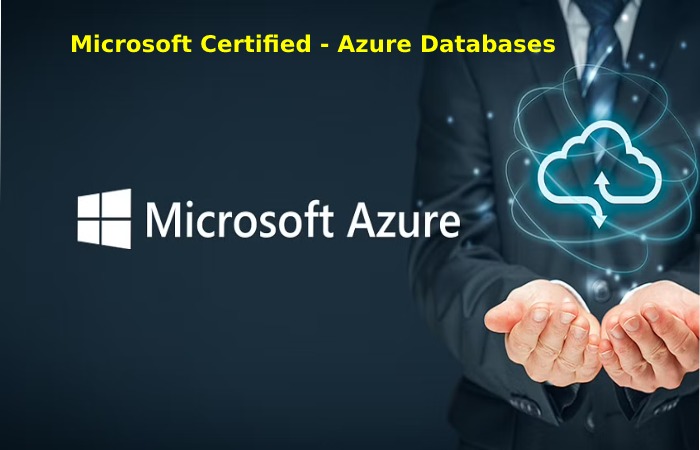Table of Contents
Introduction
SQL (pronounced s-q-l or sequel) stands for Organized Query Language, a programming language commonly used by professionals working with large amounts of data.
It helps data professionals communicate with relational database systems to clean, sort, extract, and process large data sets. SQL remains highly important to the IT world. According to February 2020 data from Burning Glass Technologies, SQL was the most in-demand skill by tech employers.
Several certifications demonstrate your SQL skills, most of which are vendor or platform specific. If you know what database technology you need to work within your area of interest, you may be able to decide which certification to pursue.
SQL Certificates
SQL is the language use to connect with social database management systems. Many certifications that demonstrate an in-depth understanding of SQL also test your general knowledge of these database systems. The following certifications demonstrate a basic understanding of SQL in five commonly used relational database management systems.
1. Microsoft Certified – Azure Databases

Earning this entry-level certification from Microsoft validates your information on data concepts with Microsoft Azure data services, including working with PostgreSQL and MySQL databases.
This certification goes beyond SQL and demonstrates your knowledge of relational and non-relational data and data workloads.
What is tested: data basics, working with relational and also non-relational data in Azure, analytics workload
Also Read: What is Cyber Security? – Benefits and More
2. Oracle Database SQL Certified Associate Certification
The Oracle Database SQL Certified Associate certification proves your knowledge of the fundamentals of it, mainly as you use it to work with the Oracle Database server. The accreditation demonstrates, among other things, your understanding of the SQL language, data modeling, and working with tables. Requires passing a certification exam.
The following are test: Basic database concepts; retrieve, restriction, and classification data; use of conversion functions and conditional expressions; manage multiple tables; access control and other problems
3. IBM Certified Database Associate
IBM offers three Certified Database Associate certifications for those who want to demonstrate their understanding of Informix or Db2 relational database management systems. You will certify basic knowledge of SQL, creating databases, database security, and transaction isolation, and each requires an exam.
What is tested: Working with SQL and XML, data security, connection to DB2 servers and other data planning concepts, writing SQL statements in the database definition language, information of tables, and other application design concepts
4. Oracle Certified Professional
The MySQL 5.7 Database Administrator certification needs an exam that tests your understanding of MySQL, a relational database management system developed by Oracle. The accreditation demonstrates fundamental knowledge of working with MySQL, such as B. Installation, configuration, and monitoring of the database management system.
What is tested: Install, start and stop MySQL; understanding of MySQL architecture; manage users; Identify vulnerabilities and other security issues of MySQL
5. EDB Postgresql 12 Associate Certification
The EDB PostgreSQL 12 Associate certification demonstrates your understanding of the fundamentals required to work with PostgreSQL servers. PostgreSQL is a scalable relational database in large organizations. The current version is PostgreSQL 12.
What is tested: Maintenance and also administration of a PostgreSQL server and associate applications
Are SQL Certifications Worth it?
Many jobs that require SQL skills don’t require certification, and employers can often prioritize experience over credentials. However, some hiring managers may look for candidates with the relevant certifications.
Database or SQL certification requirements may be more common for positions that spend significant time on technology from specific sellers or platforms. For example, if a job necessitates experience with Oracle databases, employers may require candidates to be Oracle certified.
A data-related certification can help you compete in what should be a high-demand industry. The field of data science is predictable to experience some of the fastest growth in the coming years. The US Bureau of Labor Statistics projects an above-average growth rate of 22% for computer and information researchers between 2020 and 2030.
